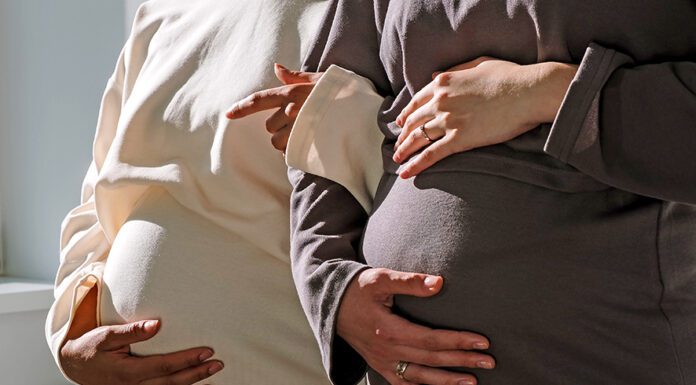Depression during and after pregnancy is of great concern. Member of the South African Society of Psychiatrists Dr Bavi Vythilingum says the root causes of postnatal depression are still underestimated.
Vythilingum says circumstances that contribute to the condition are poverty, intimate partner violence and under-resourced mental health services, among others.
She says intimate partner violence and other stressful life events cause longer-lasting severe depression in women, which may stay with them for years after giving birth.
“The lack of awareness and stigma around mental health conditions, along with the tendency to focus more on a woman’s physical health rather than her mental health during pregnancy means that depressive symptoms are often not picked up. Some of the symptoms of depression may include changes in sleep patterns, loss of appetite, and energy level difficulties. Because many women in lower income groups, using under-resourced public health services only access those services during pregnancy. This is often the first time that depressive symptoms are picked up. Antenatal care should go beyond the mother’s physical health to mental health and
social needs too, in a holistic, integrated way.”
She explains that antenatal depression increases the risks of high blood pressure, and puts the mother and child’s life in jeopardy. Depression is a high-risk factor for alcohol and substance abuse and has the potential to affect mother-child attachment relationship after birth and may affect the child’s mental health in future.
“Pregnancy-related depression is often dismissed as ‘just the baby blues’ and women told to ‘just pull yourself together’, but it is a serious mental health condition which not only negatively affects women’s quality of life and experience of motherhood, but the prospects of the next generation too,” Vythilingum says.
They found that between 21% and 47% of South African women have had a depression experience while pregnant, while 31% to 50% had a challeng with postnatal depression – this compares to 12% of women experience depression during or after pregnancy around the globe.
While this depression might be high in the country, Vythilingum says it is possible to curb the high rates with the help of those close to the mother-to-be or new mom, and professionals, with both psychotherapy and medication.
She says in most cases, they need a sense of community and of not being left alone. This, she says, would make group therapy helpful.
“Antidepressants are very effective for moderate to severe depression, or where a patient has not responded to psychotherapy. In cases where the woman doesn’t have access to psychotherapy, antidepressants are a recommended and effective solution.
“Most antidepressants are very safe to use during pregnancy. They don’t cause congenital abnormalities or neurodevelopmental problems. For pregnant women presenting with depression for the first time, antidepressants are the first line of defence and we see a difference to their quality of life and positive outcomes for both mother and baby,” she says.
Competition:
To enter details to stand a chance to win tickets to Podcast and Chill with Black Coffee, please click here:
For the latest entertainment news from Sunday World, click here.
Or read the latest from Shwashwi here.
Follow @SundayWorldZA on Twitter and @sundayworldza on Instagram, or like our Facebook Page, Sunday World, by clicking here for the latest breaking news in South Africa. To Subscribe to Sunday World, click here



